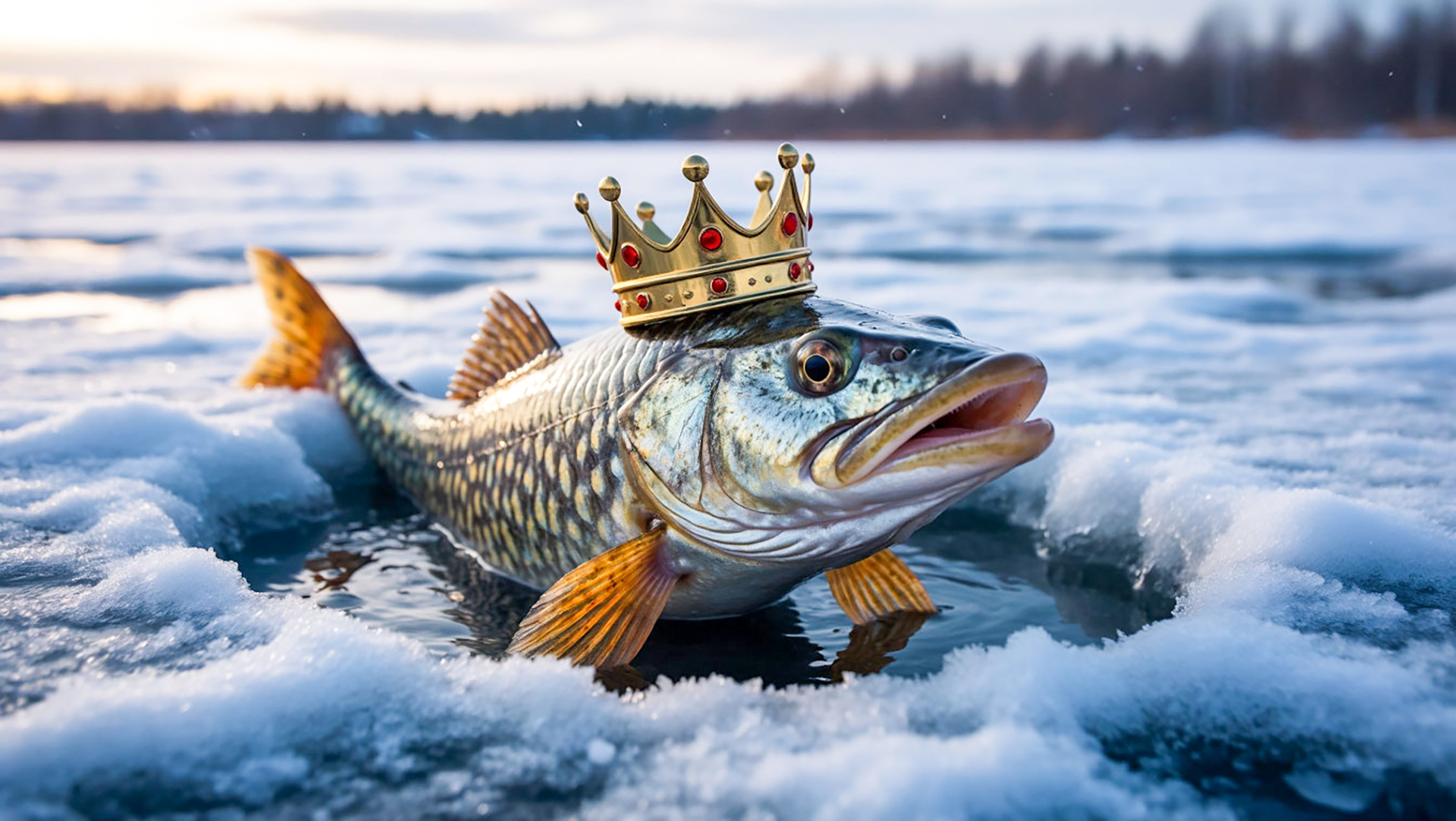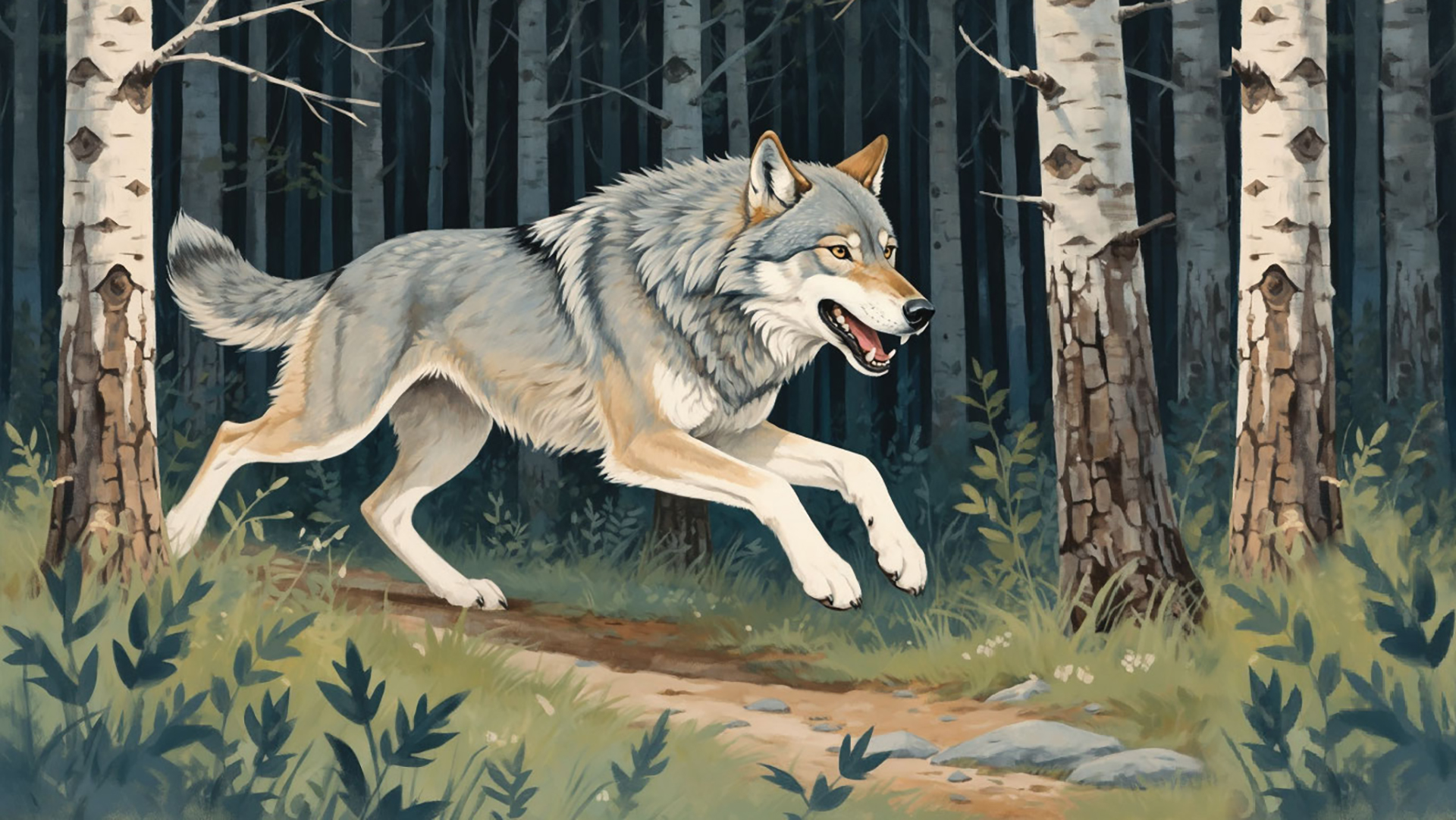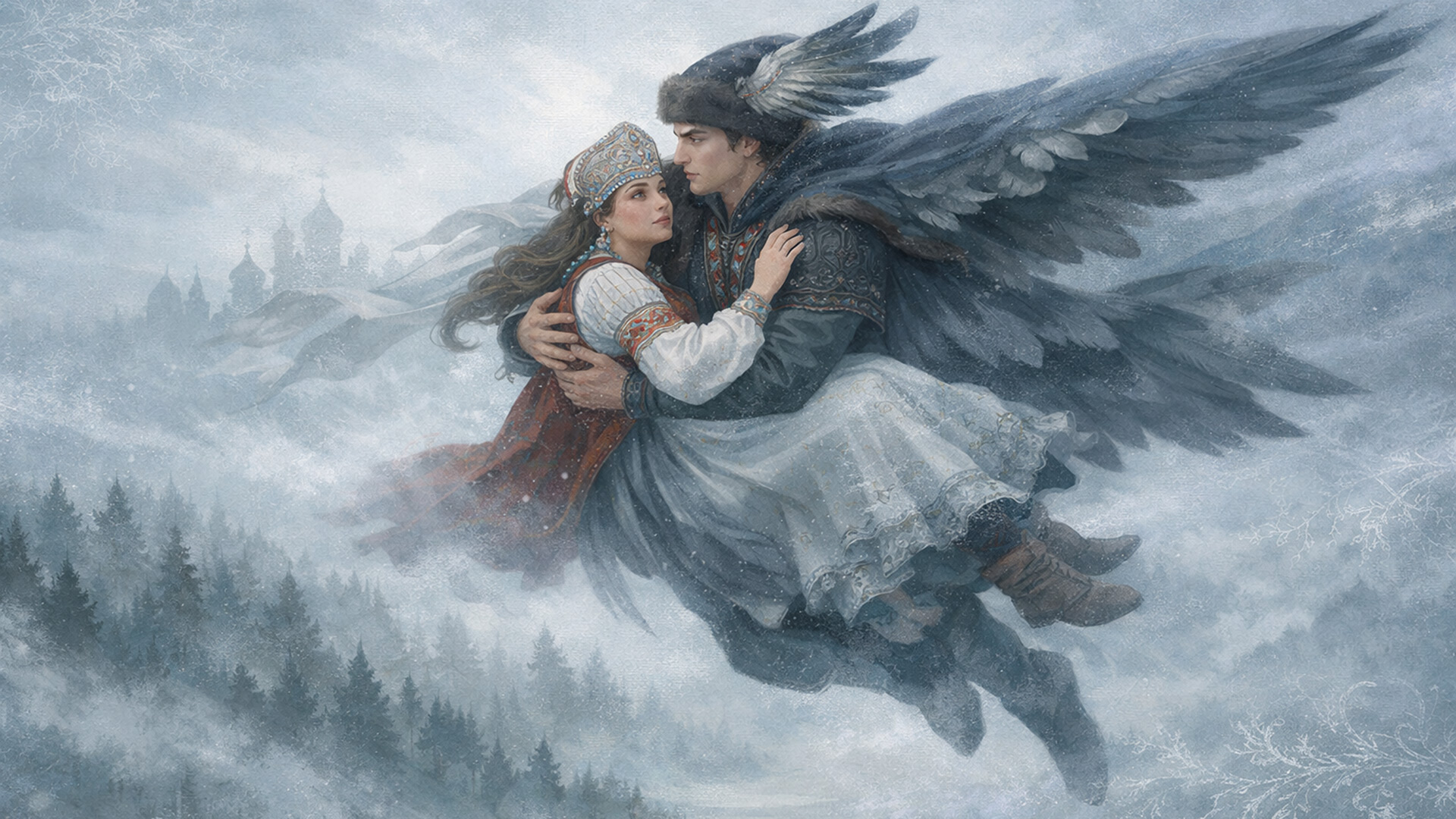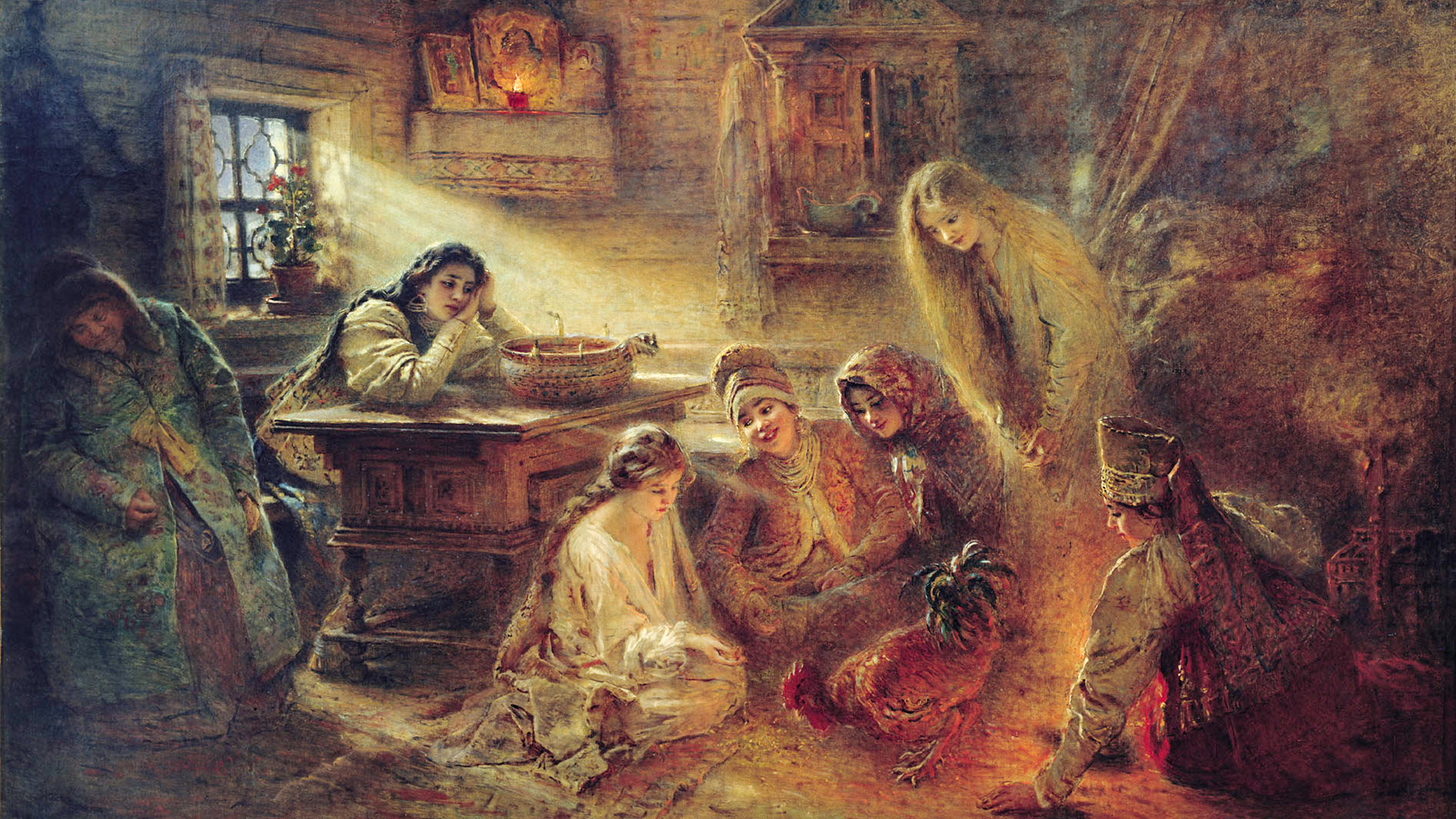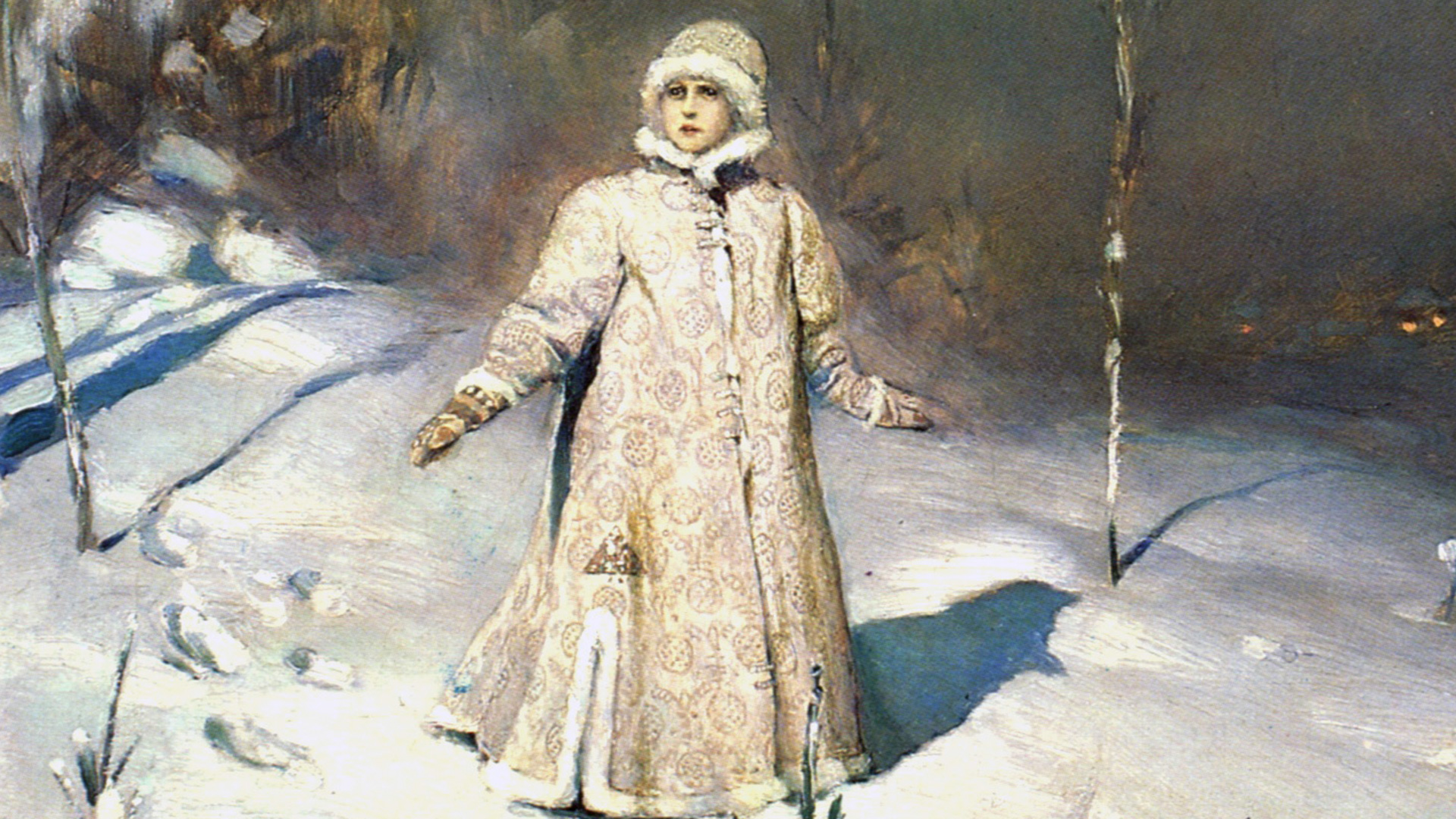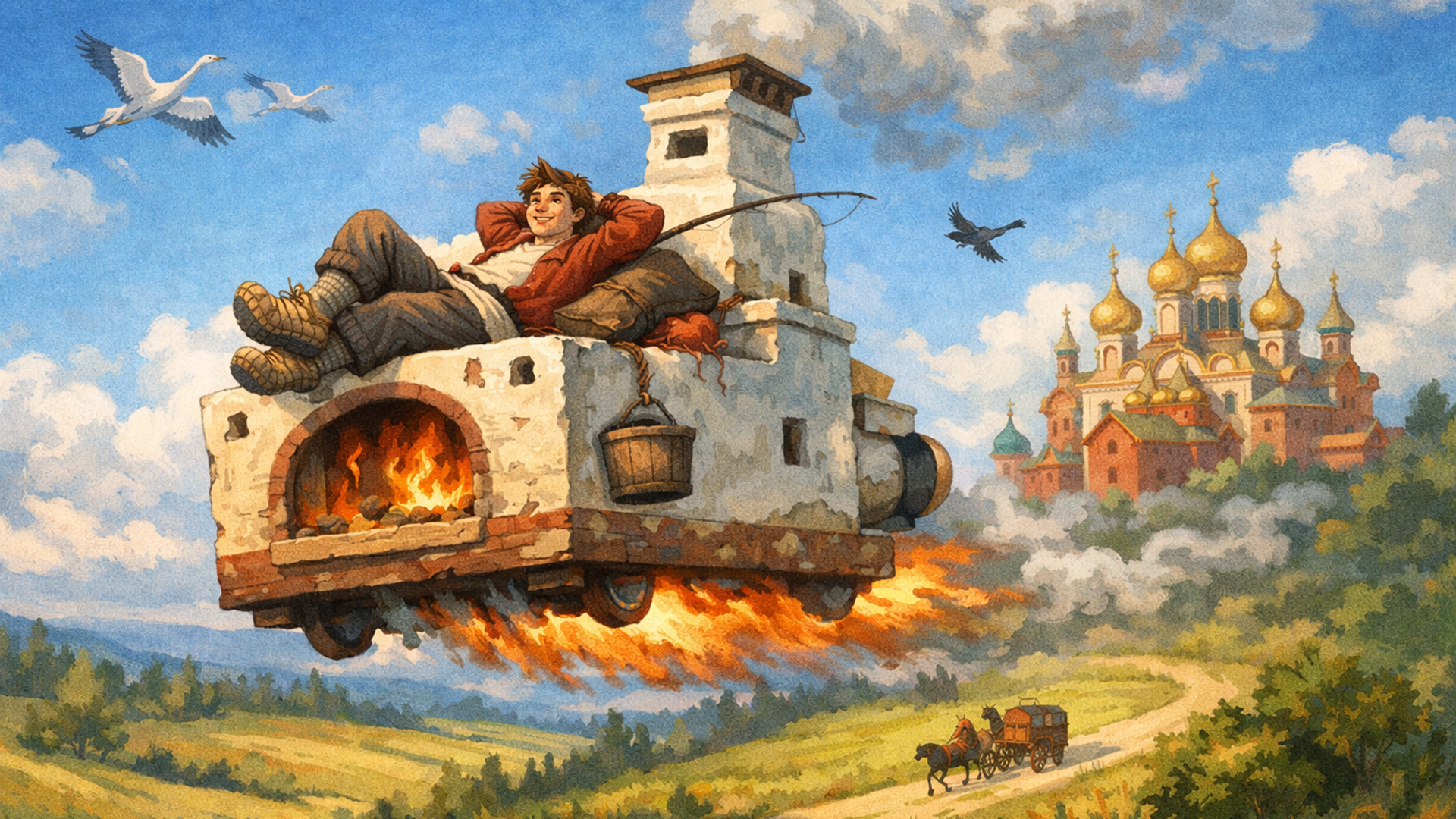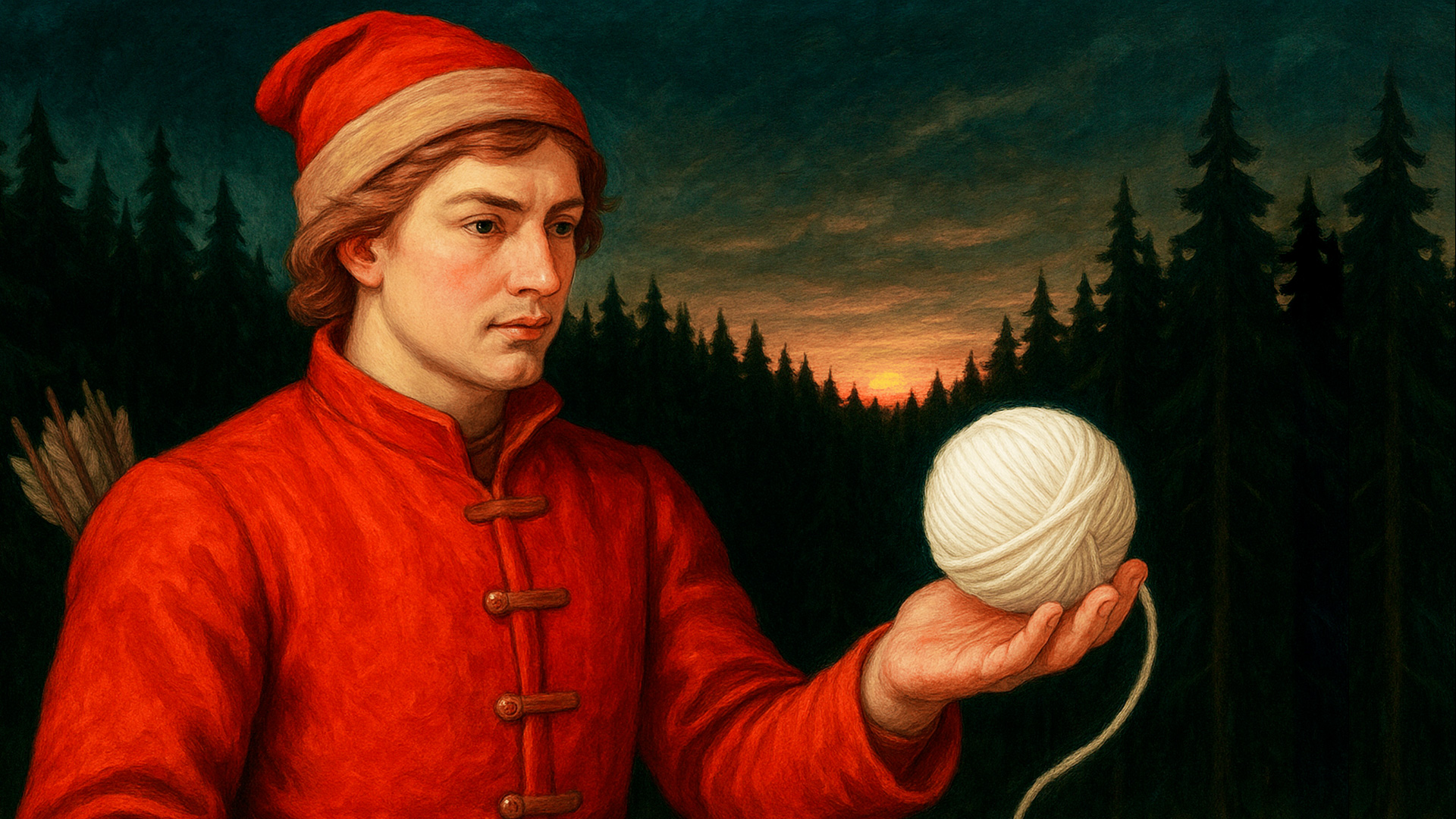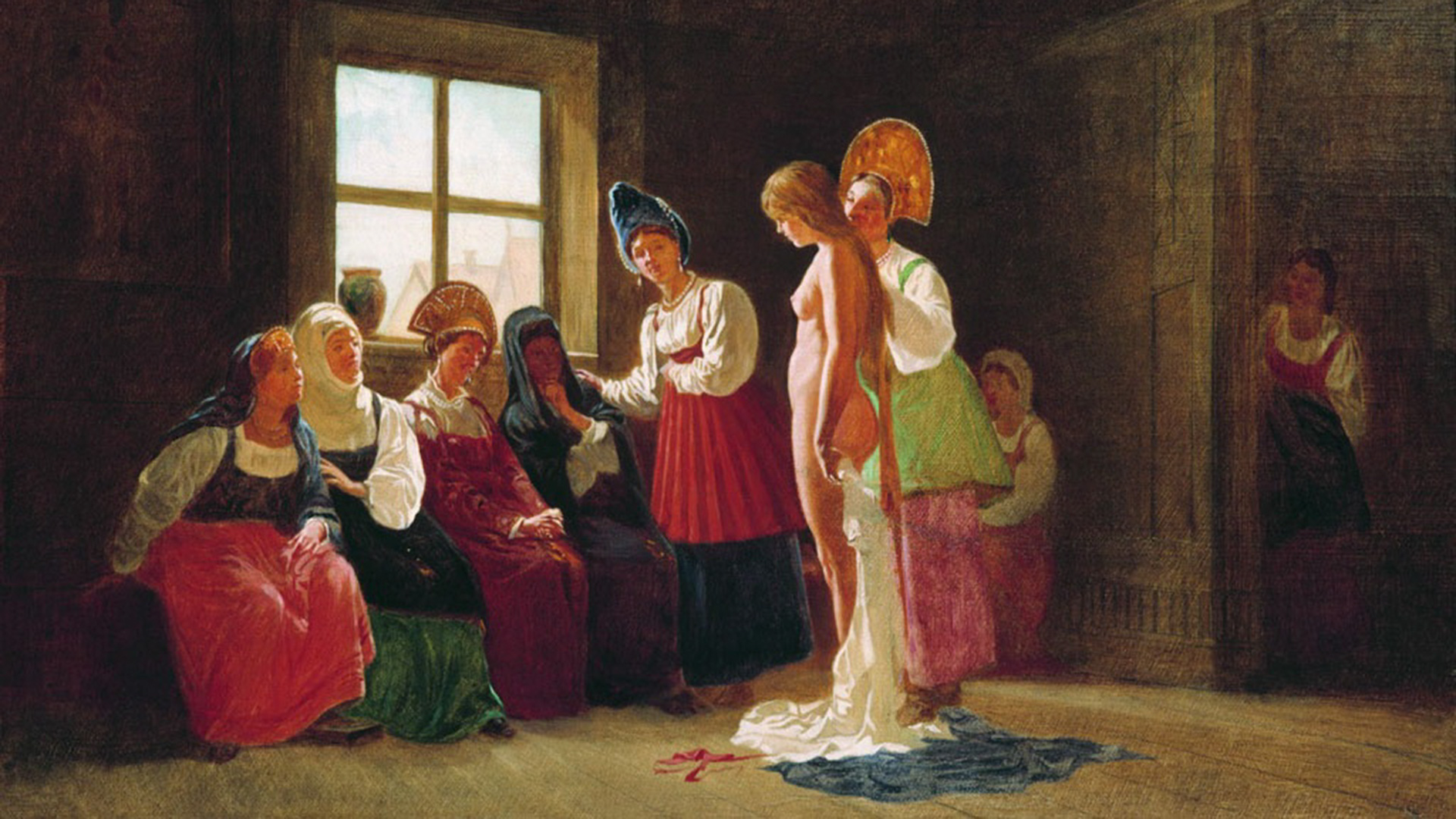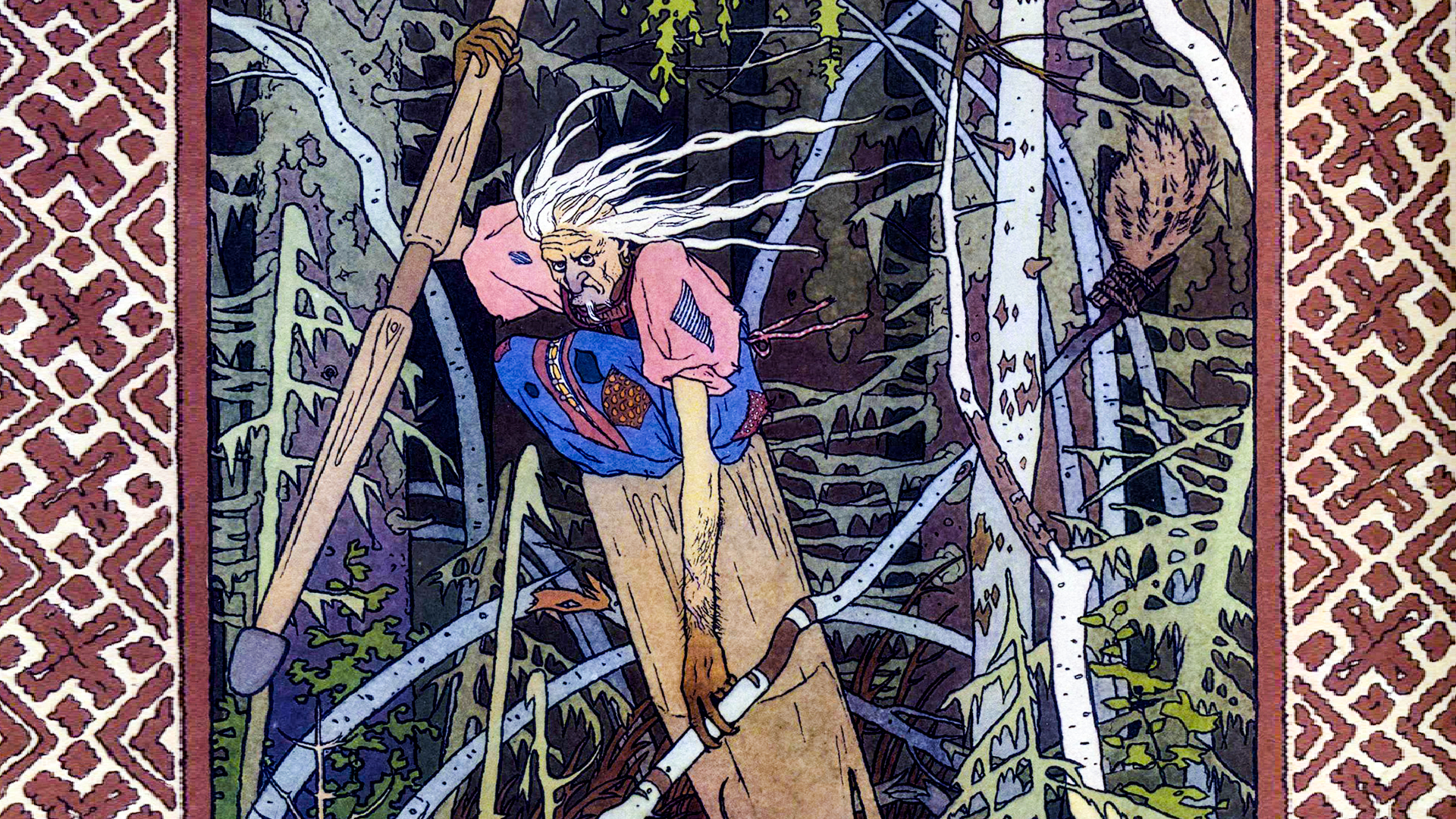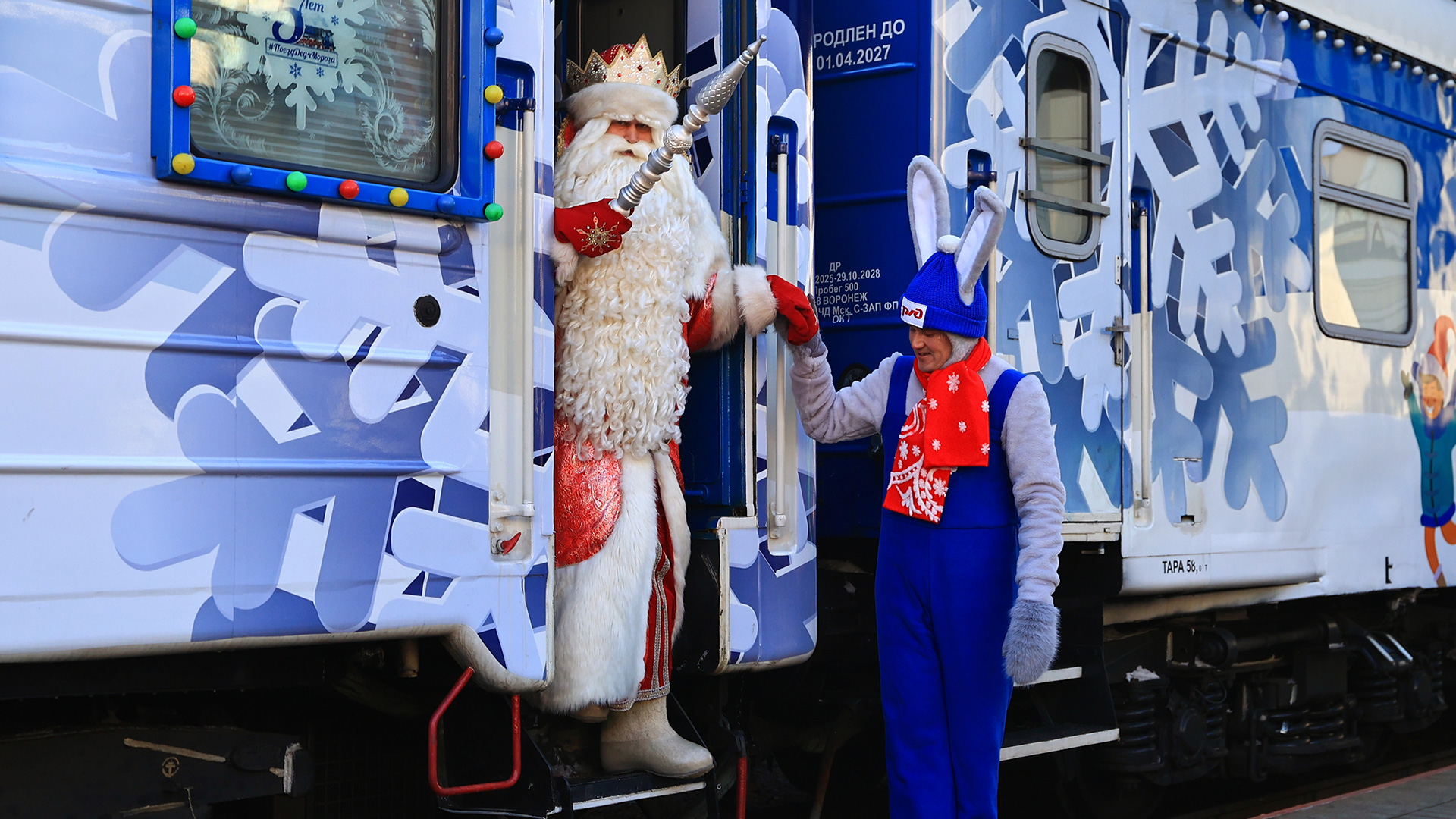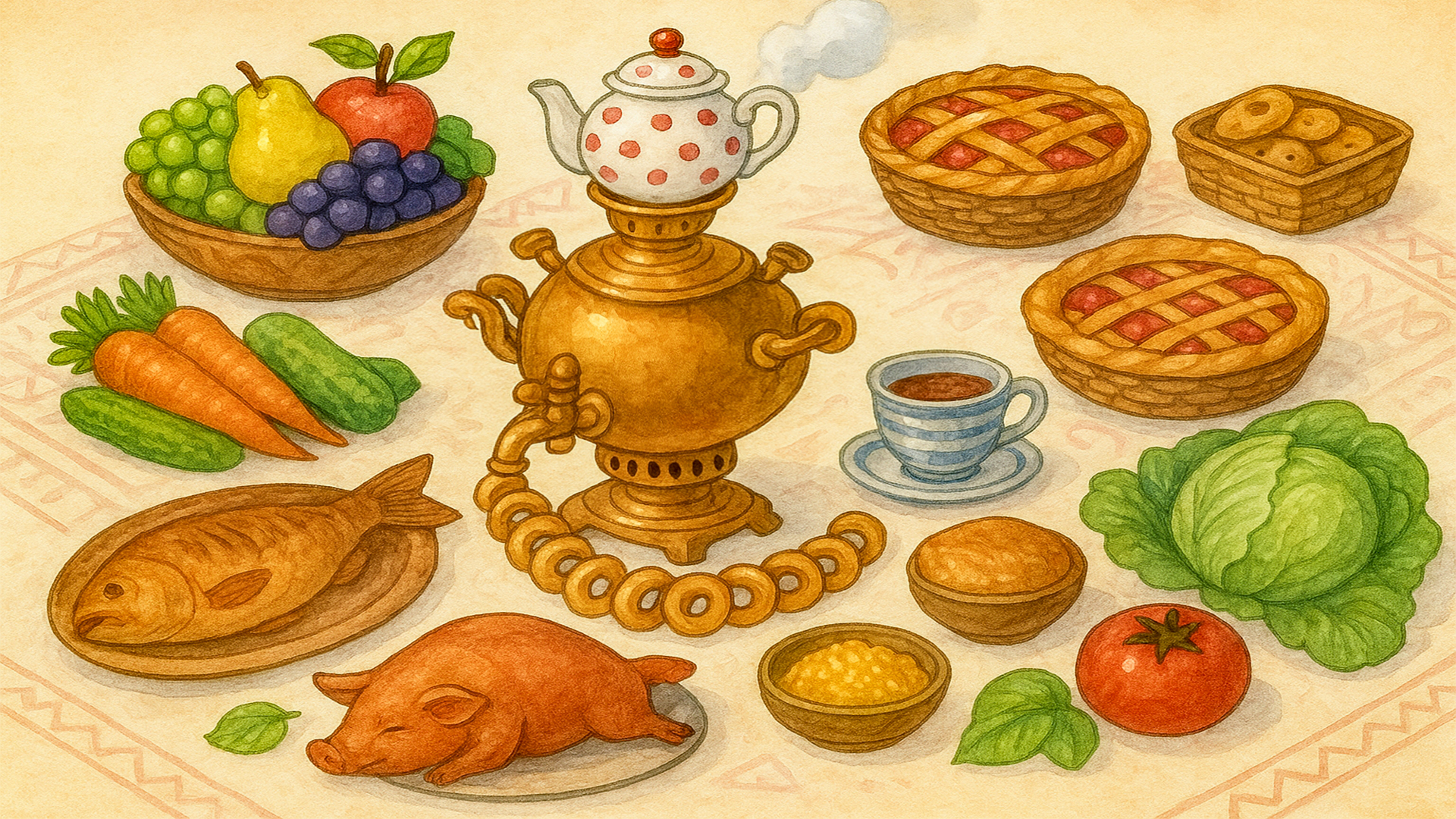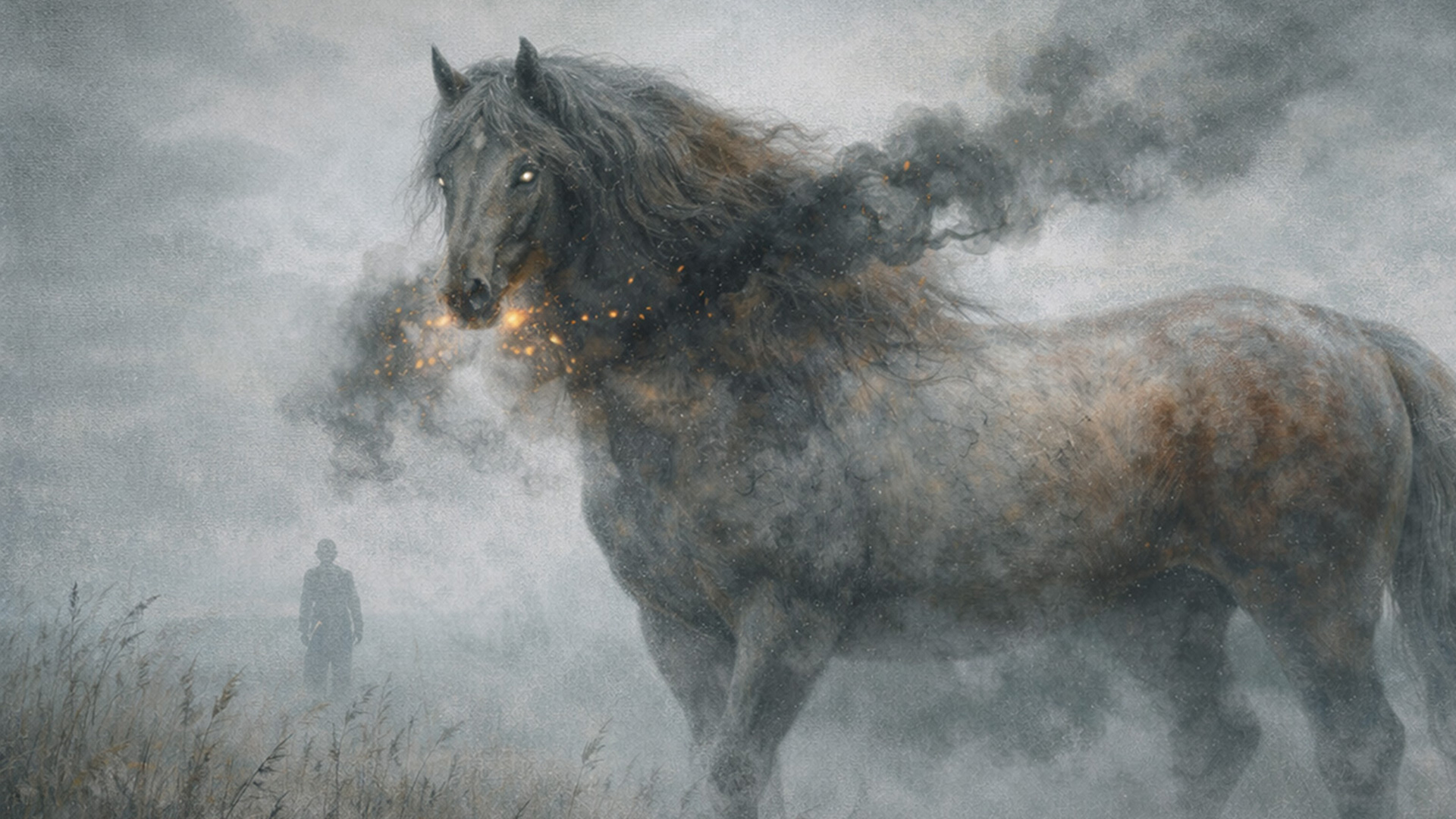
How the 3 summer ‘Spas’ were celebrated in Old Rus
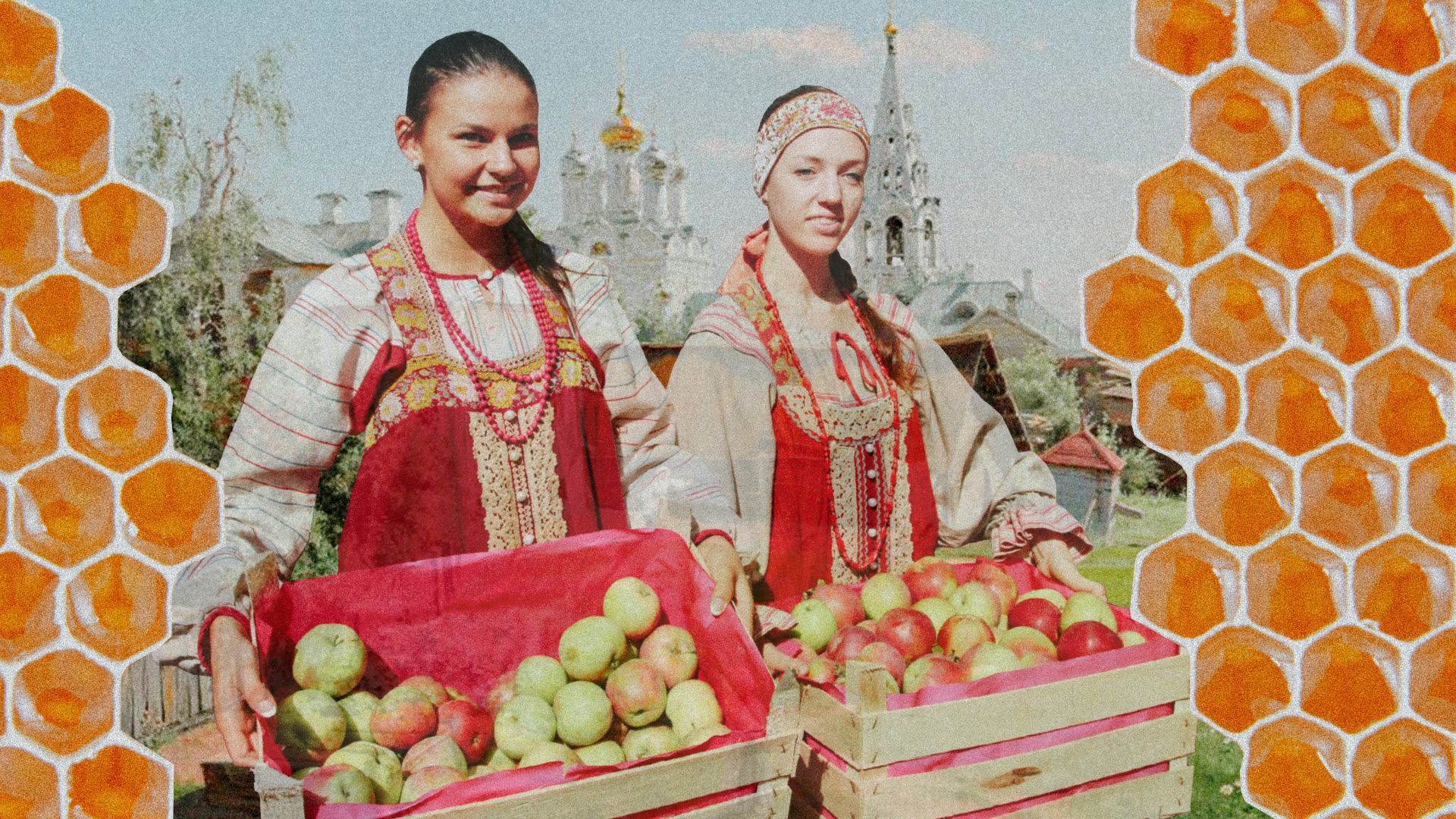
The practice of thanking the gods for the new harvest and bringing them fruits as a gift goes back to pagan antiquity. After the baptism of Rus, some of the agricultural rituals coincidentally and organically overlapped with Christian ones. One such example is the three summer ‘Spas’: ‘Honey’ (August 14), ‘Apple’ (August 19) and ‘Nut’ (August 29). The name ‘Spas’ comes from the word ‘spasitel’ (‘Savior’ aka Jesus Christ) and the holidays themselves combine agricultural rituals with spiritual salvation.
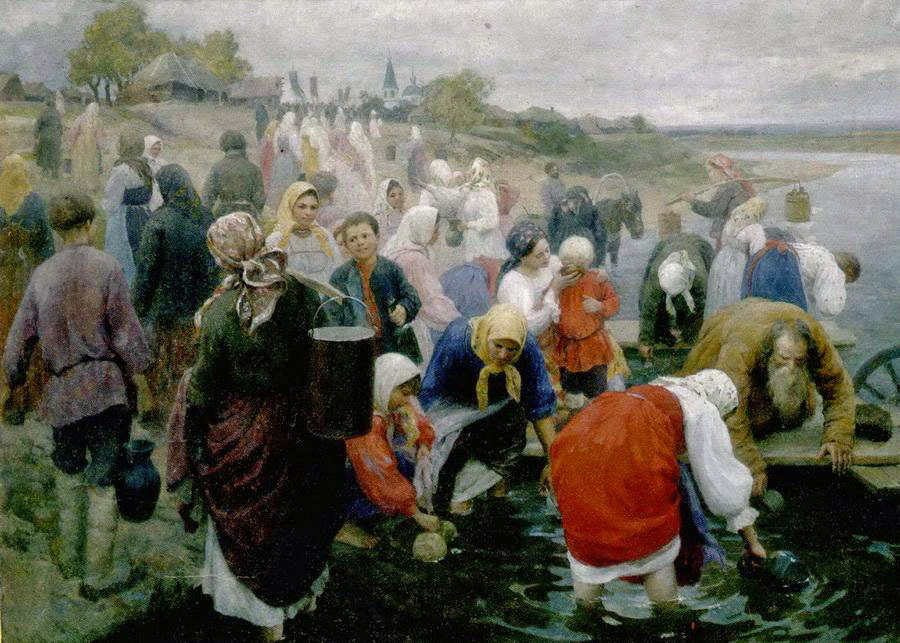
‘Honey Spas’
On August 14, Orthodox Christians celebrate the Feast of the All-Merciful Savior and the Most Holy Theotokos. This is the day of the first honey collection and the beginning of the ‘Dormition Fast’. Beekeepers would bring honey from the new harvest to their local church for blessing. After this, the honey can be eaten. Some was donated to the church, some was given to the poor, neighbors and relatives and some was kept for the beekeepers themselves.
On this day, many churches also hold prayer services associated with the blessing of water. In the old days, water in rivers, streams and wells was blessed on this day and people bathed in reservoirs to get rid of diseases. After August 14, the bathing season would be closed.
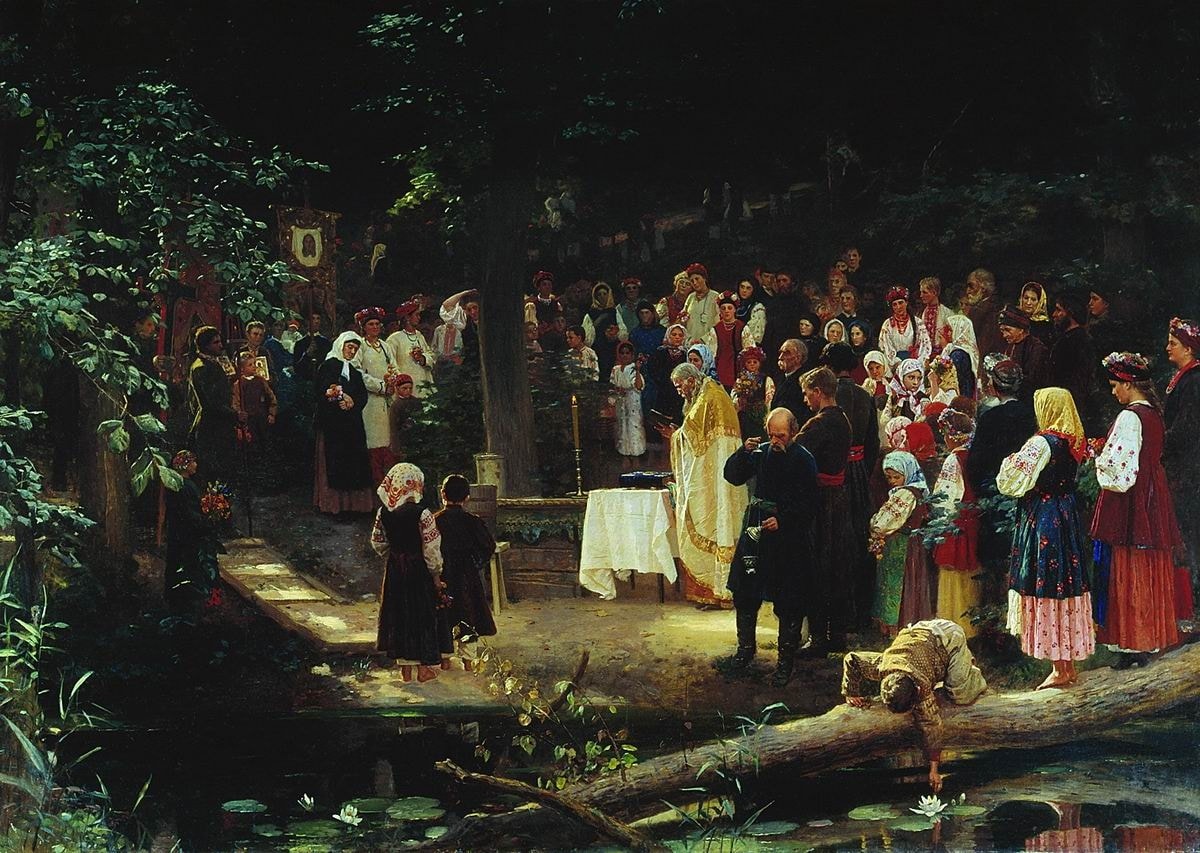
‘Apple Spas’
On August 19, fall begins in the folk calendar. In the Russian Orthodox Church, this day is marked by the Feast of the Transfiguration of the Lord. It is one of the 12 great feasts dedicated to events in the lives of Jesus Christ and the Mother of God.
Just like with honey, on this day, apples, pears, plums, grapes and other fruits are blessed in churches. After this, the apples can be eaten. In the old days, the harvest was brought to the church to be blessed, then the poor, children and anyone else who wanted it were offered it. A special ban on eating apples before the ‘Spas’ was imposed on parents whose child had died. According to popular belief, if the mother of a deceased child ate an apple before the ‘Spas’, then her child would not get an apple in the next world. On this day, a variety of baked goods and dishes with apples were also put on the table: pies, charlottes, pancakes, baked fruits, apple jam, etc.
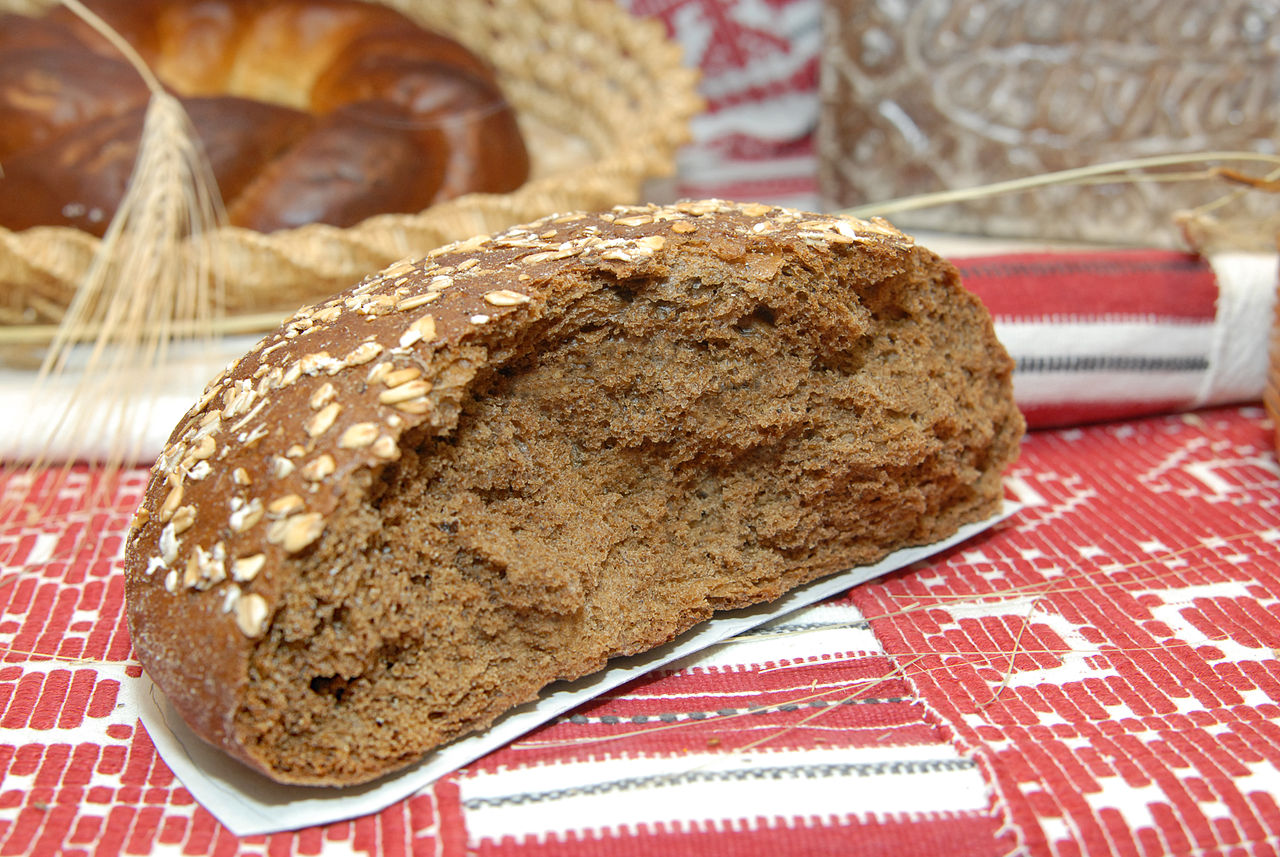
‘Nut Spas’
The least large-scale ‘Spas’ is celebrated on August 29, a day after the end of the ‘Dormition Fast’. It is also tied to a church holiday – the transfer of the Holy Image of the Savior from the city of Edessa to Constantinople. By this day, the harvest was finished. For those families who did not manage to reap the grain on time, help was arranged – neighbors helped those lagging behind in harvesting. Nuts ripened in the forests and fairs began in cities and villages, where, among other things, canvases were sold.
Nuts, freshly baked bread from the grain of the new harvest and canvases were brought to the church for blessing. Nut treats were prepared – baked goods with nuts, liqueurs, jam from young nuts, to name a few. ‘Nut Spas’ is, essentially, a farewell to summer. The field work should be finished and it’s time to prepare for fall.


